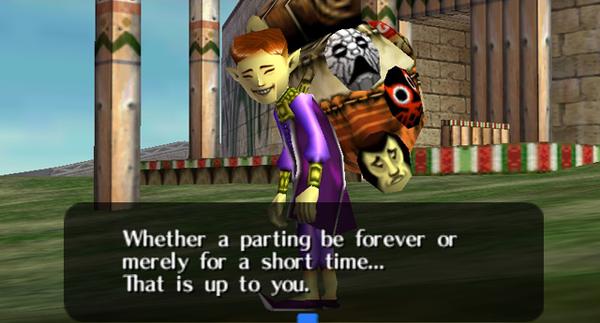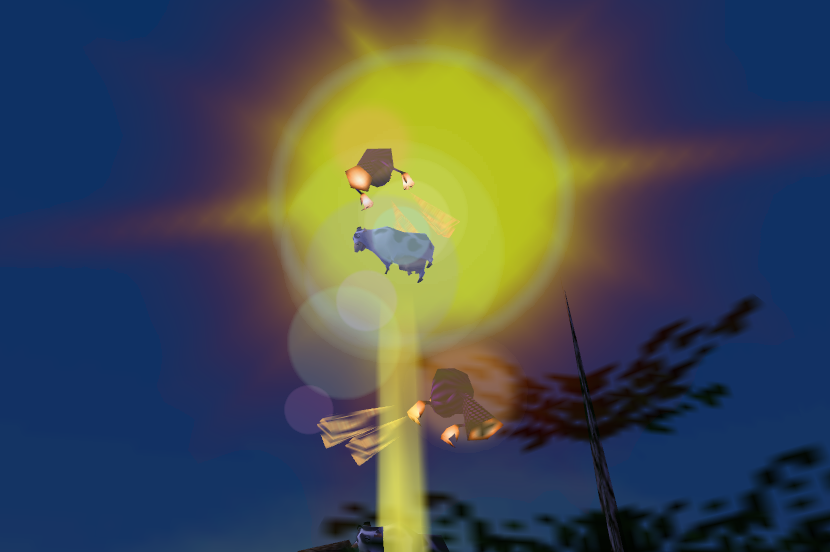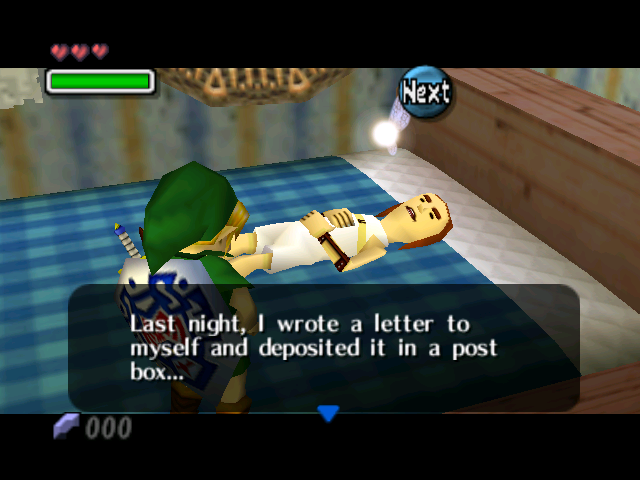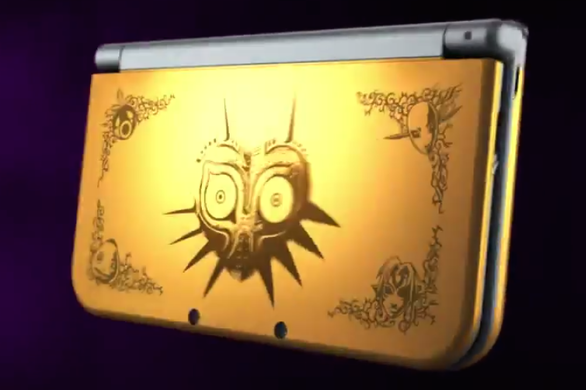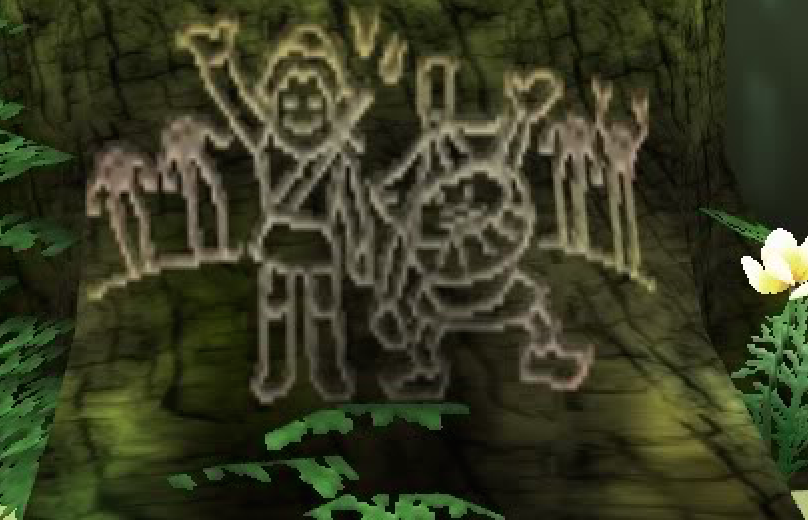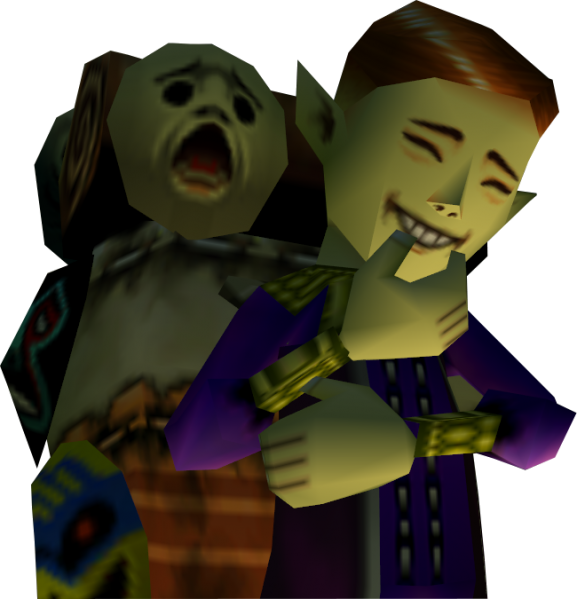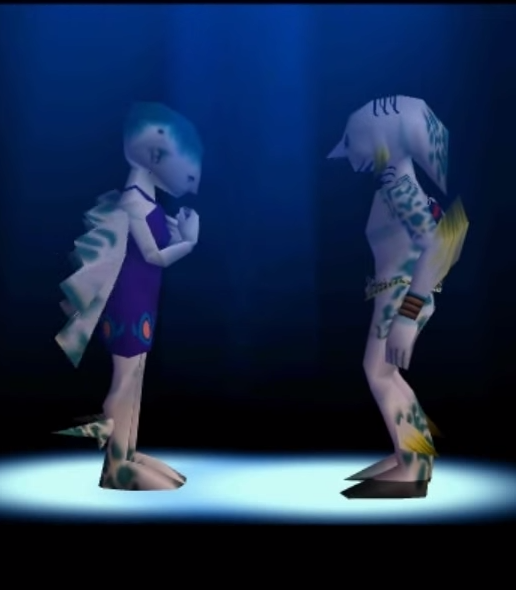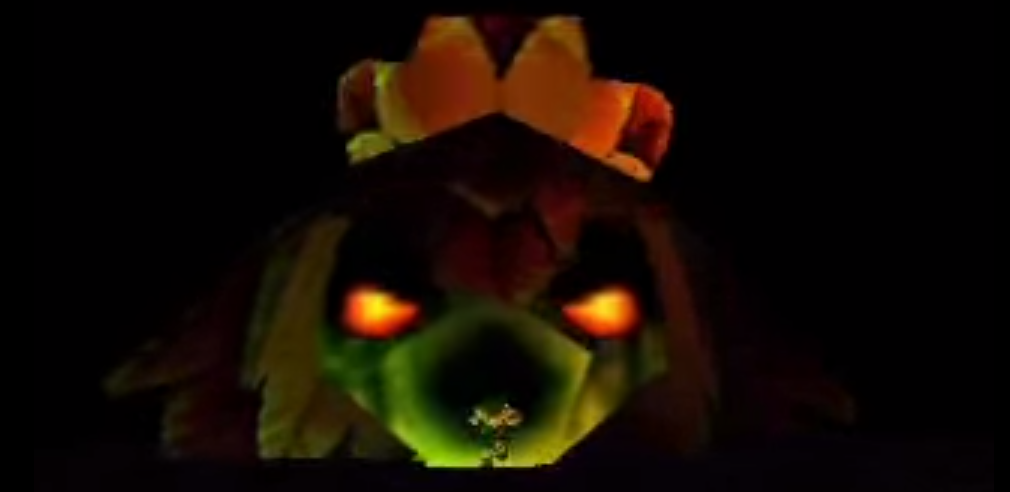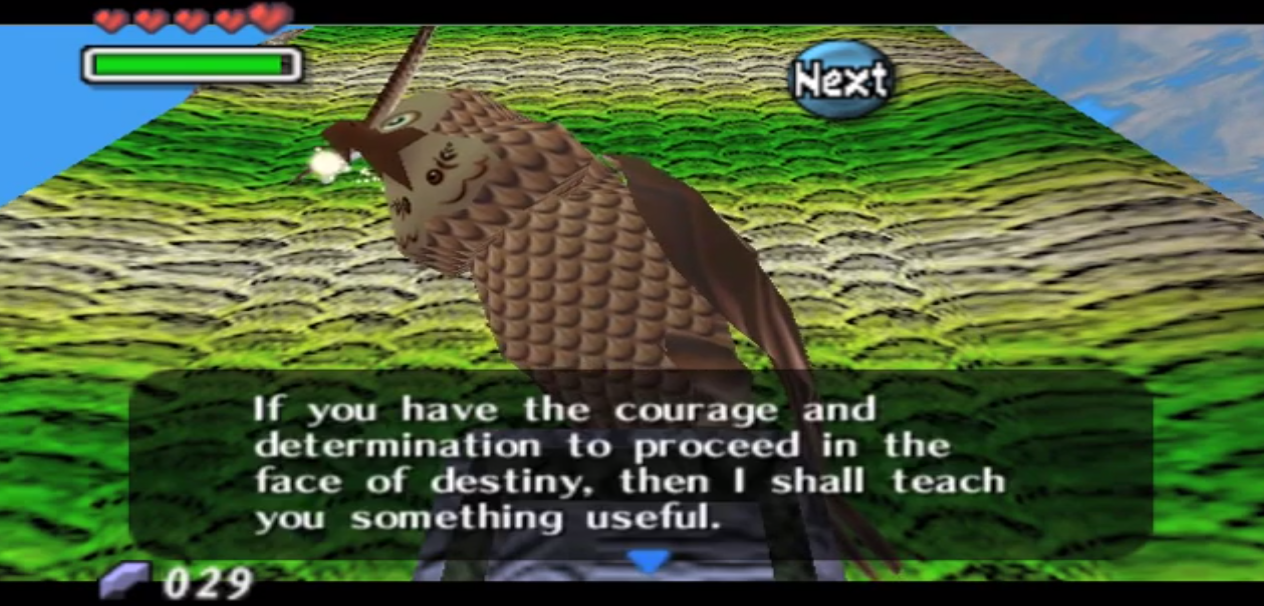A Comprehensive Theory of Majora's Mask
Line Analysis: “Wherever there is a meeting, a parting is sure to follow.”
The payoff for the Salesman's last words, and the place they establish for the player in Termina and beyond, might be bigger than you expect.
